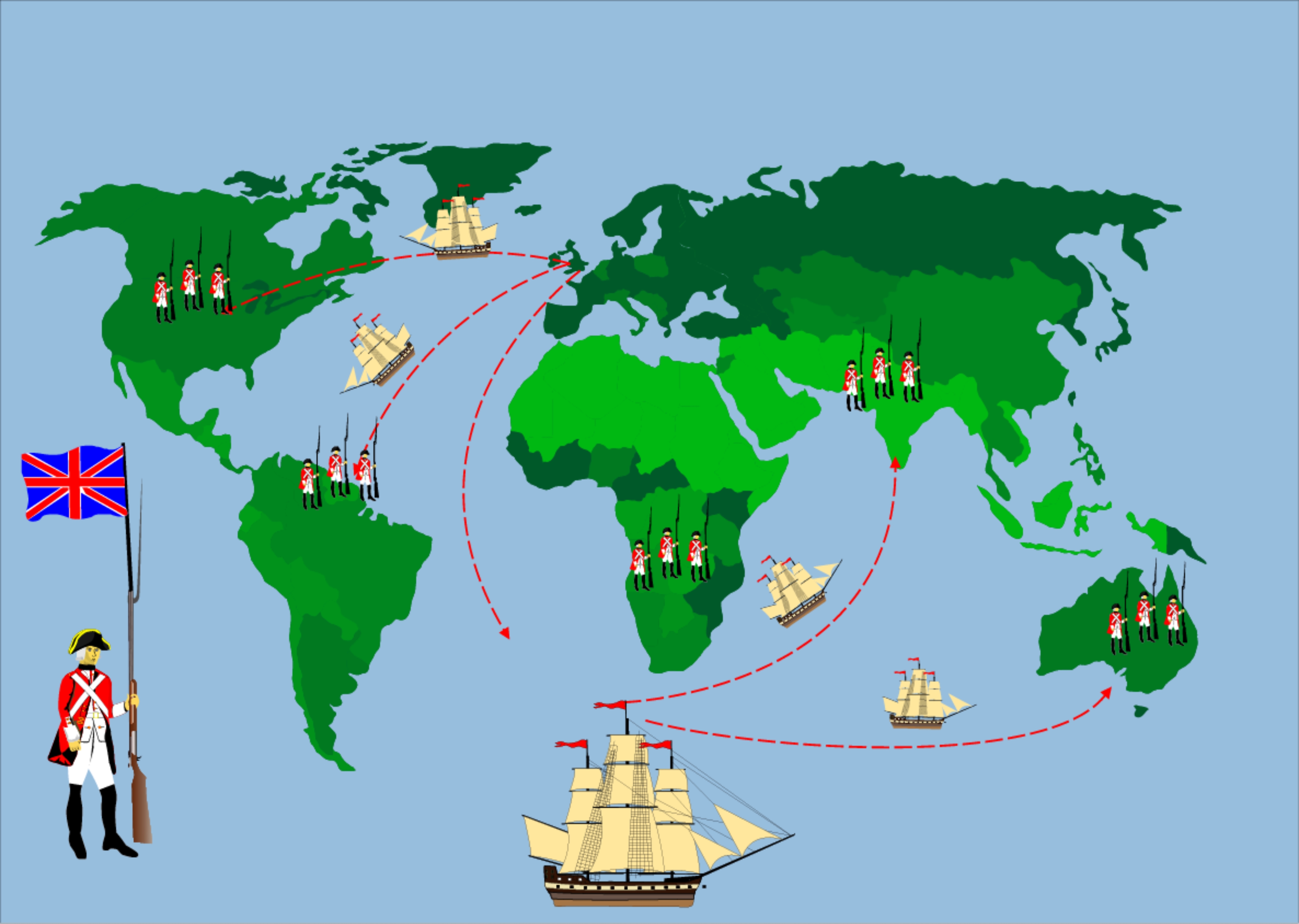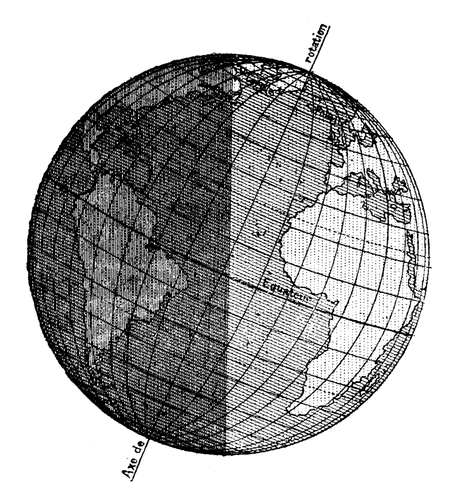To what extent should contemporary society respond to the legacies of historical globalization? Part B
To what extent should contemporary society respond to the legacies of historical globalization?
Introduction
Please use this schedule to help guide your progress through Unit 3.
 |
Empires, rapid industrialization, powerful economies, and wealth were all motives for the European expansion into the Americas. Originally, the imperialist goals were to spread Christianity, search for gold, and claim glory on behalf of the empire. By the nineteenth century, in a time period now referred to by many historians as the Age of Imperialism, many European countries expanded their territorial control and exploitation of human and natural resources in a scope more global than in the fifteenth century. “The sun never sets on the British Empire.” This is a quote describing the economic and political power of Britain in the nineteenth century and well into the next. Britain was able to establish a global network of colonies and trade built on imperialism, capitalism, and colonialism not rivaled until the years just before the outbreak of World War I. Imperialist practices were actively encouraged as empire building, and many patriotic songs and poems spoke proudly about the rise of the British Empire. This is just one perspective on the impacts of historical globalization on a group of people. In Haudenosaunee world view and that of many First Nations, the acts and decisions made have implications seven generations later. In the perspectives of many Aboriginal peoples now, the current conditions in which they live are the legacies of imperialist acts and decisions made over two hundred years ago. |
| In this module, you will examine the imperialistic policies and practices encouraged by historical globalization. You will consider the multiple perspectives on the legacies of global contact, trade, and cultural interaction on ways of life, identity, and citizenship. With awareness of the legacies of historical globalization, many individuals and groups begin to wrestle with the question of whose moral and ethical responsibilities it is to respond to the resulting disadvantages and injustices. You will have an opportunity to examine the legacies, issues, positions, and responses in relationship to historical globalization. Your work in the lessons, the section inquiries, the two section challenges, and the challenge to take action will support how you will respond to the issue question: To what extent should contemporary society respond to the legacies of historical globalization? |  |